Child Allergy
"Unlocking Smiles, Defeating Allergies: Your Child's Journey to Wellness with Dr. Vivek Goswami – Noida's Premier Child Allergy Specialist"
As a trusted child allergy specialist in Noida, Dr. Vivek Goswami brings extensive expertise to address a range of allergic conditions affecting children. Recognizing the unique challenges parents face, our clinic at “In Good Hands” is committed to providing specialized care tailored to each child’s needs. Whether it’s food allergies, environmental sensitivities, or skin conditions, Dr. Goswami employs a comprehensive approach to diagnosis and treatment, ensuring that your child receives the best care available. Choose Dr. Vivek Goswami for personalized, compassionate, and effective solutions to help your child overcome allergies and thrive. Your child’s health is our priority at “In Good Hands Paediatric Care.”


Understanding Types of Child Allergies with Dr. Vivek Goswami
As a parent, it’s essential to be aware of the various types of allergies that can affect your child’s health and well-being. At Child Allergy, led by specialist Dr. Vivek Goswami, we are dedicated to providing comprehensive care for children dealing with allergies in Noida.
Common Types of Child Allergies
Food allergies: Food allergies are prevalent in children and can cause reactions ranging from mild itching to severe anaphylaxis.
Environmental allergies: Environmental allergens like pollen, dust mites, mold, and pet dander can trigger allergic reactions in children. Symptoms may include sneezing, runny nose, itchy eyes, and skin rashes.
Allergies (Question & Answer)
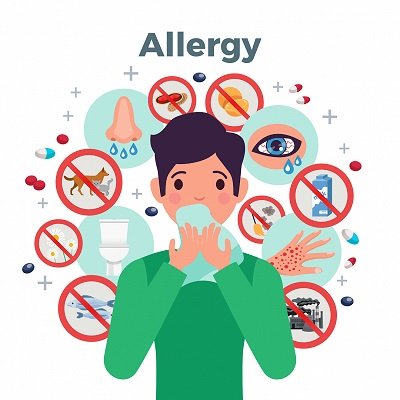
What are the common signs that my child may have allergies?
Recognizing allergies in children involves observing symptoms such as persistent sneezing, nasal congestion, itchy or watery eyes, skin rashes, or gastrointestinal issues after exposure to certain triggers. If you notice these signs, consulting a child allergy specialist is crucial for accurate diagnosis and tailored treatment.

How does Dr. Vivek Goswami, the Child Allergy Specialist in Noida, approach allergy diagnosis in children?
Dr. Vivek Goswami adopts a meticulous approach to allergy diagnosis, considering the child's medical history, conducting thorough physical examinations, and utilizing advanced diagnostic tools. His expertise enables precise identification of allergic triggers, paving the way for effective treatment strategies.
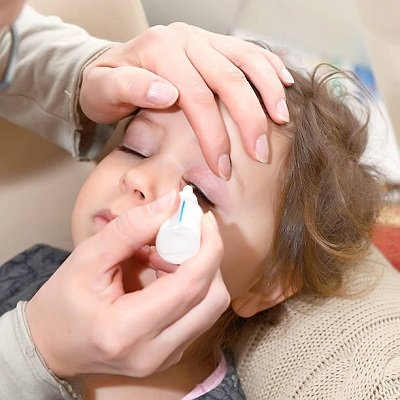
Are allergies in children treatable?
Absolutely. Dr. Goswami, as an experienced allergy specialist, develops personalized treatment plans addressing the specific allergic triggers. This may include allergen avoidance strategies, medications, and immunotherapy, ensuring your child can lead a healthier, symptom-free life.

What sets Dr. Vivek Goswami apart as the go-to Allergy Specialist in Noida?
Dr. Goswami's distinction lies in his comprehensive understanding of pediatric allergies and his commitment to providing individualized care. His reputation as a trusted child allergy specialist in Noida stems from a combination of vast experience, advanced diagnostic skills, and a compassionate approach that prioritizes your child's well-being.
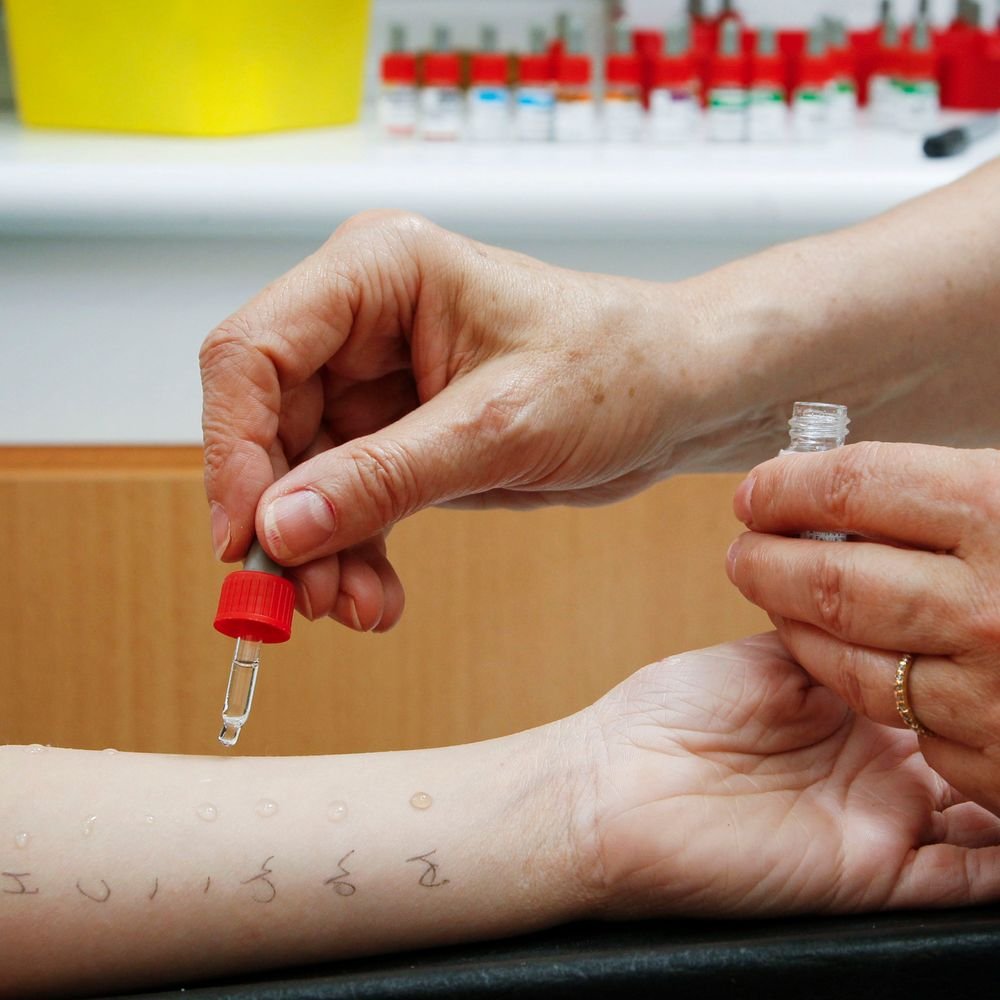
Who is susceptible to allergies, and why do some people develop them while others do not?
Allergies can affect anyone, but certain individuals may have a higher predisposition due to genetic factors or a family history of allergies. Exposure to allergens, substances triggering an immune response, can lead to the development of allergies. Not everyone exposed to allergens will develop allergies, but those with a genetic predisposition are more susceptible.

Can you explain the process of how allergies occur in the body?
Allergies happen when the immune system reacts excessively to harmless substances, perceiving them as threats. Upon exposure, the immune system produces antibodies, triggering the release of chemicals like histamines. These chemicals lead to allergic reactions, causing symptoms ranging from mild discomfort to severe reactions in some cases.

What are some common food allergens that can affect children?
Common food allergens include peanuts, tree nuts, milk, eggs, soy, wheat, fish, and shellfish. These allergens can induce a range of symptoms from mild itching to severe anaphylaxis, emphasizing the importance of early identification and management.

What are the typical symptoms of allergies in children?
Allergy symptoms vary but may include sneezing, itching, hives, eczema, nasal congestion, coughing, wheezing, stomach pain, diarrhea, or even anaphylaxis. Recognizing these signs is crucial for prompt intervention and effective management.
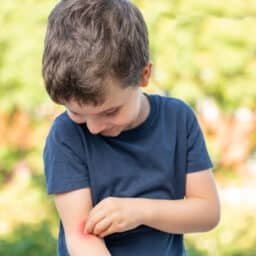
How do you differentiate symptoms of food, medicine, or insect allergies in children?
Symptoms vary depending on the type of allergy. Food allergies may cause gastrointestinal issues, while insect stings can lead to localized swelling. Medication allergies might result in skin reactions. Dr. Vivek Goswami, as an experienced child allergy specialist, conducts thorough evaluations to pinpoint specific triggers and tailor treatment accordingly.

What treatment options are available for managing allergies in children?
Treatment involves allergen avoidance, medications like antihistamines, and, in severe cases, immunotherapy. Dr. Goswami develops personalized treatment plans to address the unique needs of each child, aiming to provide relief and improve their quality of life.
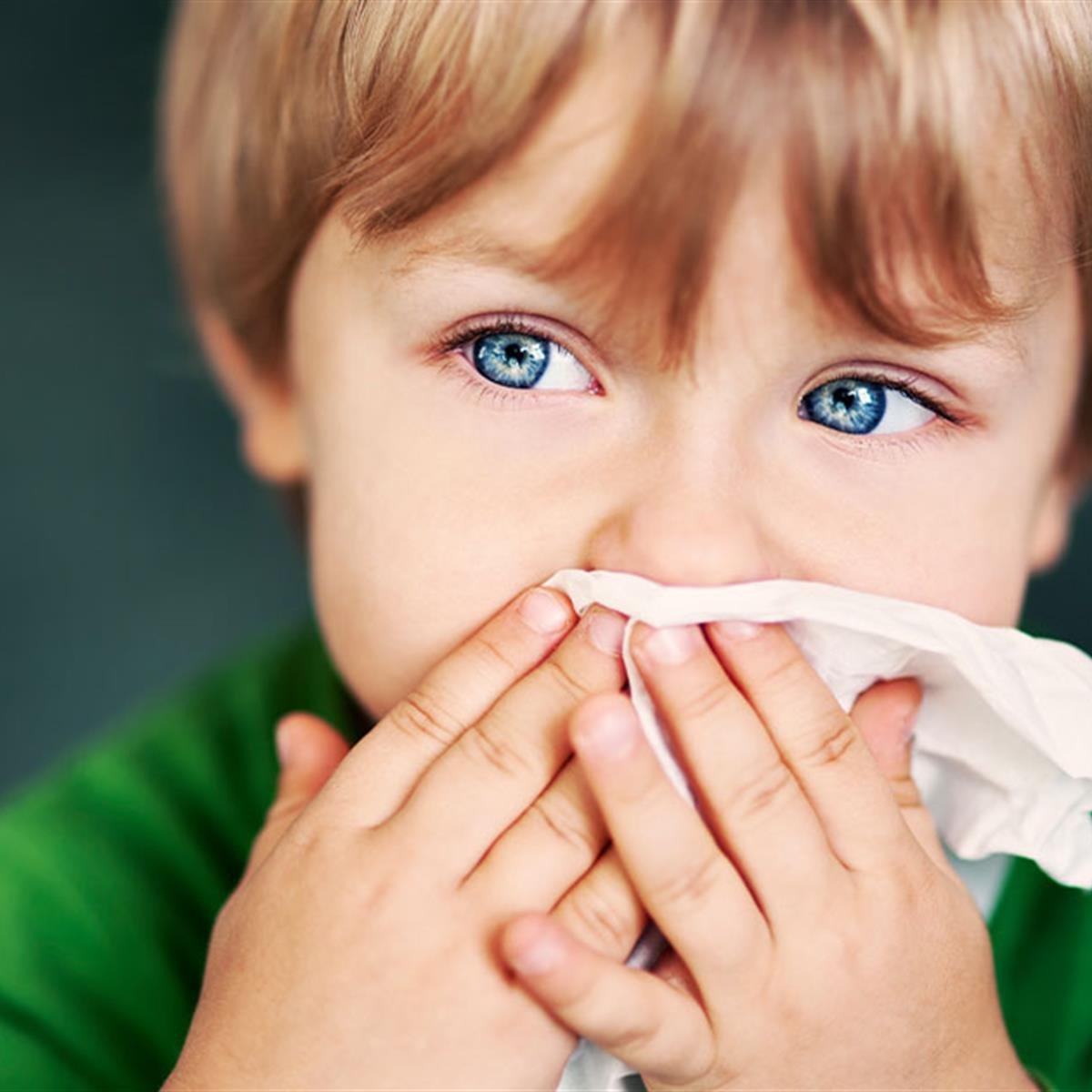
How do airborne allergies affect children, and what measures can be taken to alleviate symptoms?
Airborne allergies, triggered by pollen, mold, pet dander, or dust mites, can cause respiratory symptoms. To alleviate symptoms, Dr. Goswami recommends environmental controls, medications, and lifestyle adjustments to minimize exposure to airborne allergens.

Can you elaborate on managing food allergies in children and the importance of early intervention?
Managing food allergies involves strict allergen avoidance, education on reading labels, and having an emergency action plan. Early intervention is crucial to prevent severe reactions and empower both children and their caregivers with the knowledge to navigate daily life safely.

